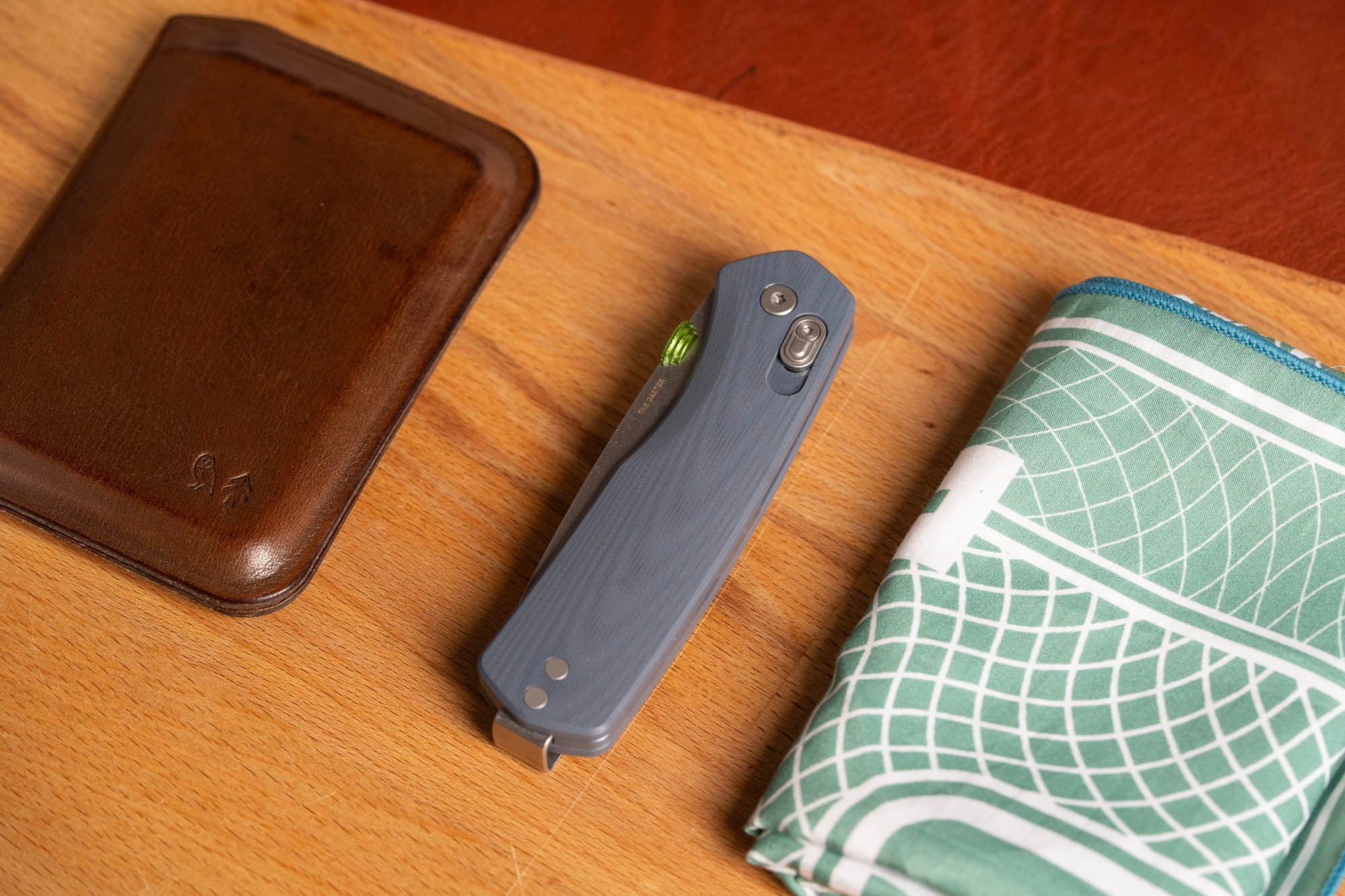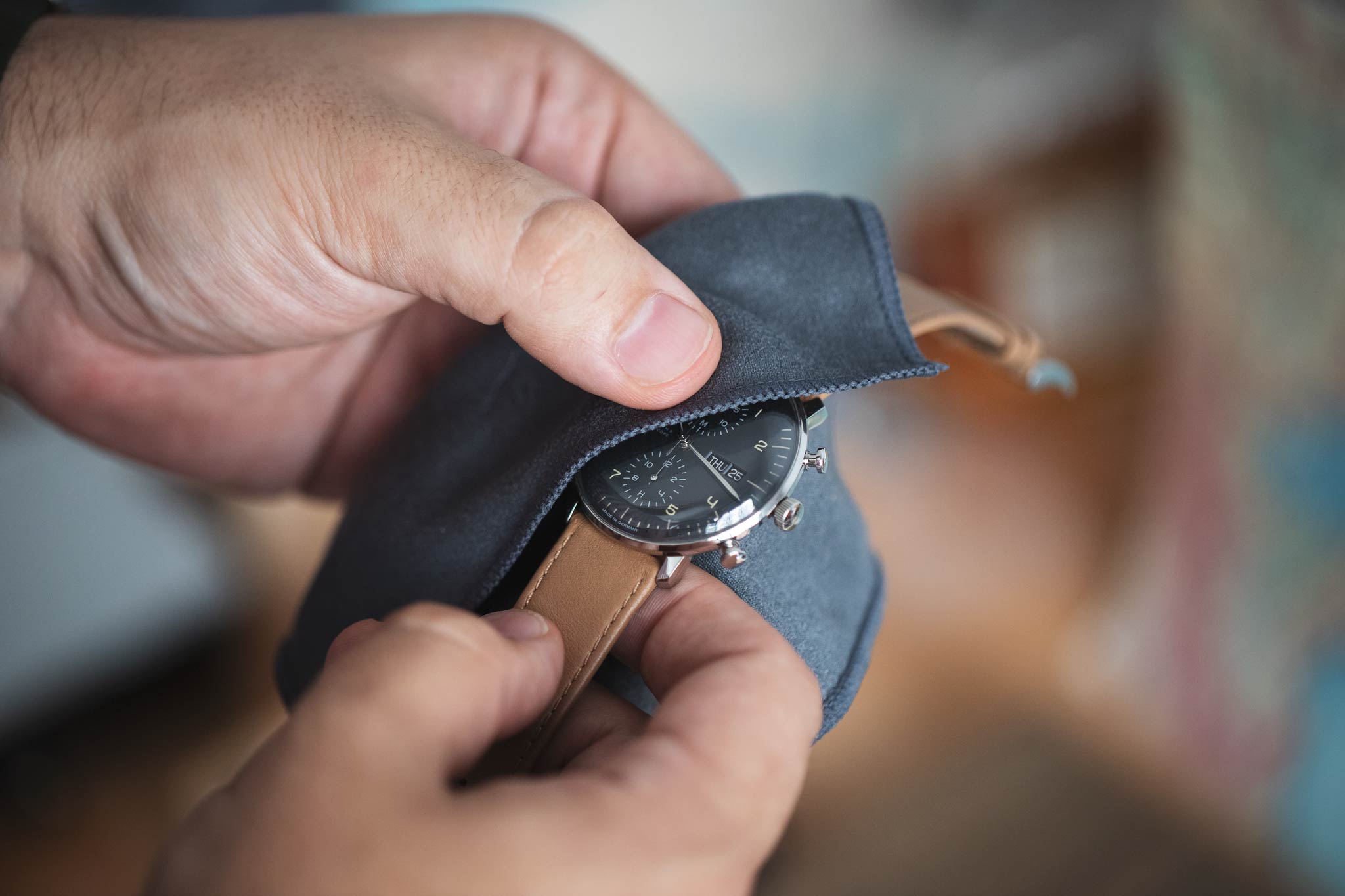The Difference Between Type A and Type B Pilot Watch Dials

Blake Malin
Windup Watch Shop | August 21, 2024
Time is crucial for aviators. Some of the earliest toolwatches were devised to help pilots keep track of this crucial metric. This is because of navigation — time is critical in establishing longitude. Though their use as bona fide tools has somewhat diminished over the following century, pilot’s watches are still an iconic tool watch that have a place in every enthusiast’s collection.
If you’re in the market for one, odds are you’ve encountered the phrases “Flieger,” “Type A,” and “Type B” referring to different styles. These trace their lineage to German military aviators of the Second World War — “Flieger” is the German word for “flier” (the preferred term for pilot auf Deutsch), while “Type A” and “Type B” refer to specific dial configurations.




Fliegers were originally produced by five manufacturers for the German Luftwaffe: A. Lange & Söhne, Laco (then Lacher & Co), Stowa (then Walter Storz), Wempe (then Chronometerwerke Hamburg), and IWC. All had to be designed around the Reichsluftministerien (Imperial Air Ministry) standard for Beobachtungs-Uhren, observation watches, or B-Uhr. Part of that B-Uhr standard was a 55mm nickel-plated brass or steel case in a brushed finish, often fitted with a pocket watch movement. Certain manufacturers also included an iron cage to ensure that the movements would not be impacted by magnetism. The large size was to ensure legibility at a glance — no time should be wasted trying to read the wristwatch — while the pocket watch movements led to greater accuracy and included a hacking feature. These were fitted with a large onion-shaped crown. This meant that pilot’s would be able to grip it to adjust the time without taking off their leather gloves; cockpits were unpressurized and the thick gloves were required to maintain warmth. The iconic long riveted leather straps were designed to be worn over thick shearling flight jackets.

The Type A, or Baumuster A if you like, is marked by its matte-black dial, punctuated with a thick minute track and Arabic numerals, and a triangle and two dots orienting it at 12:00. Lumed sword hands provide the time at a quick glance. It’s the most classic of the two variations and the most versatile today. But by 1941, a new standard was introduced to further aid aviators. The Type B configuration flipped the A’s emphasis on hours on its head and relegated them to a subsidiary ring around the center of the dial. This allowed for a large outer 0-60 scale to be added to simplify accurate reading of the minutes. Of the two, the Type B has become the most iconic configuration of the Teutonic legend.
While a relatively narrow subset of the broader pilot genre, Fliegers are an important milestone in the history of aviation watches. Their rugged minimalism, uber legibility (if you’ll pardon the pun), and toolish nature have cemented their reputation as iconic — and versatile — watches that still appeal to enthusiasts today. And if you’re looking to get into one, we hope this quick guide to Type A and Type B Fliegers helps as you make your way on your journey.




























